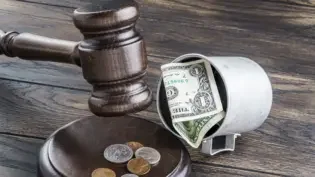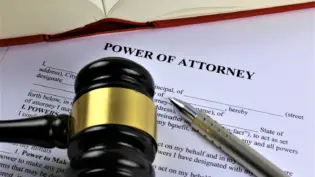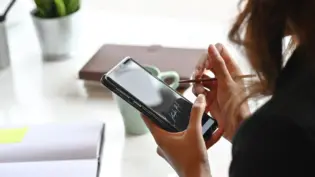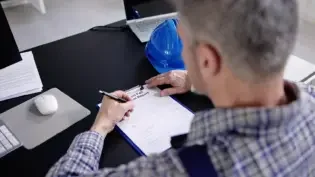Patents, Trademarks, Copyrights & Licensing: What’s the Difference?
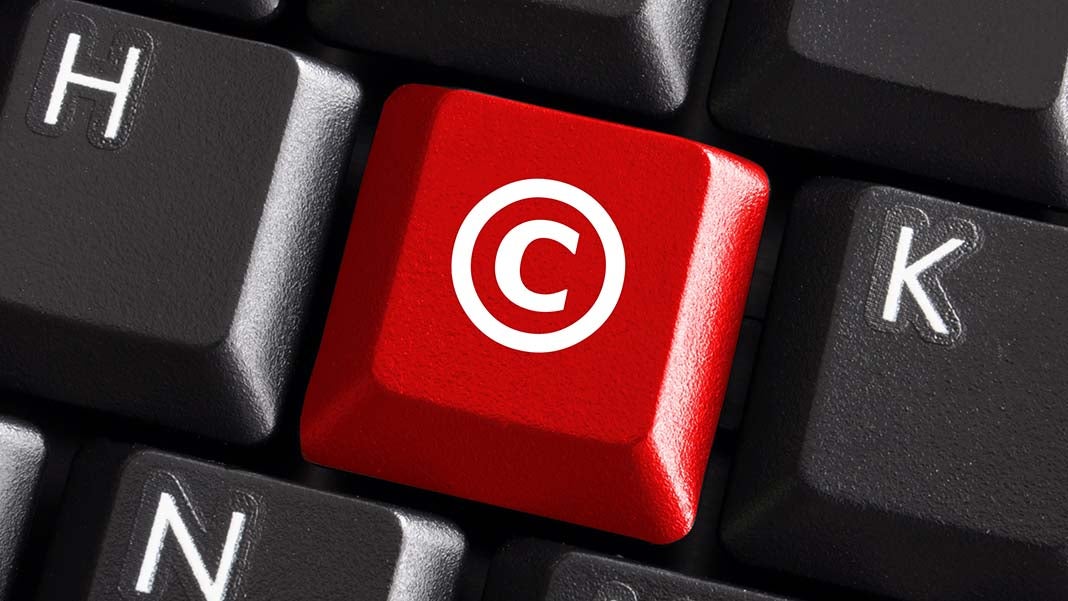
Diving into the world of intellectual property can be overwhelming. Especially when it comes to protecting and monetizing your information.
Before getting started, you may ask yourself these questions:
Has this product been created before? How do I guard my ideas? If I put it out there, how do I prevent people from stealing my products? At what point in the process am I ready for a copyright? Can this even be patented?
Clients come to me with these types of questions and more. To help break down the barriers, I’m going to walk you through each of your options, as well examples when needed.
Trademarks
To all my business owners, franchisors and entrepreneurs, here is your opportunity to stake your claim.
Definition
“A symbol, word, phrase, logo, or combination of these that legally distinguishes one company’s product from any others. Any infringement on a trademark is illegal and therefore grounds for the company owning the trademark to sue the infringing party.” – Investopedia
Breaking it Down
To add to the perplexity, there are four different types of trademarks. Why have just one when you can quadruple the process? While it may feel like that to entrepreneurs, they each serve a different (and valid) purpose.
The four types are: Service Marks, Trademarks, Certification Marks and Collective Marks.
- Service Mark: a word, name, symbol or design identifying services or intangible activities performed by a person for the purpose of distinguishing their services from others;
- Word Mark: text based mark identifying a company, organization, product, service or brand;
- Certification Marks: mark used in commerce by a person other than its owner. They are usually owned by a trade association or commercial group;
- Collective Marks: typically owned by an organization and used by its members to identify themselves as to level of quality, geographical origin or additional characteristics designed by the organization .
Many companies utilize multiple trademarks in their business. For example, Nike has incorporated several different trademarks into their branding. The Nike swoosh is a service mark. The tagline, “Just do it,” is a Word Mark.
When starting out the most important mark to register is the Word Mark.
Nuances
The process of acquiring a trademark can take 8-12 months. The process of applying isn’t as time intensive as the approval process, so I always encourage business owners to apply sooner as opposed to later.
If you are looking to franchise in the future, check out on the additional benefit they offer to prospective franchisees.
Copyrights
To all my writers, musicians, manuscript makers and artists, claim what’s yours through a copyright!
Definition
“The ownership of intellectual property by the item’s creator. Copyright law gives creators of original ideas, art, etc. the exclusive right to further develop them for a given amount of time, at which point the copyrighted item becomes public domain.” – Investopedia
Breaking it Down
Copyrights have a more narrow scope than their legal counterparts listed here. When thinking about copyrights, think works written (or typed) on a piece of paper, artwork, or songs. This really applies more to your writers or artists.
Copyrights take about 3-4 months to process.
Licensing Agreement
To my software developers, musicians and businesses with extensive brand equity (such as Disney), licensing is your opportunity to lease your assets, knowledge or brand.
Definition
“This term refers to a written agreement entered into by the contractual owner of a property or activity giving permission to another to use that property or engage in an activity in relation to that property. The property involved in a licensing agreement can be real, personal or intellectual. Almost always, there will be some consideration exchanged between the licensor and the licensee.” – Investopedia
Breaking it Down
Bottom line, you are renting out your intellectual property. You own all the rights to a product, but give permission for others to use it for a licensing fee. Let’s look at this through some examples.
Software is one of the easiest places. Odds are you have Microsoft Word on your computer. Microsoft owns that program, but you paid for the right to use it. What’s cool about licensing is that the individual user does not diminish the value of the product. What this means is that two adjacent businesses can both license this product and the value is the same. Sometimes people try to license business models. In that instance, if a fellow licensee was next door, the product would be less valuable.
Related Article: Protecting Your Startup’s Intellectual Property
Disney has an interesting play in the licensing space, in addition to several other large brands. They work with apparel companies and publishers to create supplemental products (t-shirts, books, costumes and more) featuring their characters.
Additionally, musicians grant rights to use their songs for movies or other endeavors through licensing.
Licensing is the best way to maintain your ownership of the intellectual property under a consensual agreement while also generating revenue.
Patents
To all of my inventors, I present the U.S. Patent.
Definition
“A government license that gives the holder exclusive rights to a process, design or new invention for a designated period of time. Applications for patents are usually handled by a government agency. In the U.S., the United States Patent and Trademark Office handles application and documentation.” – Investopedia
Breaking it Down
That’s all fine and dandy, but what does it all mean for you? First, patents apply to tangible inventions that are father developed from idea stage. Despite the teachings of snake oil salesmen, not everything can be patented.
Additionally, mere “ideas” don’t make it far though the process. While you can apply without a prototype, you must be able to describe how one would make and use it. Illustrations and rendering of the product help immensely.
Patents are processed through the United States Patent and Trademark Office. This can take anywhere from a year to several years. Unfortunately, there’s not much you can do to predict the time frame.
The biggest trend in patents right now is in the technology space with powerhouses such as Google. They have produced several patents recently around the buy button and website layouts.
Nuances
Patents are only valid for 14-20 years. Once your patent expires, your protection is gone. And, let’s review this “protection.” While no one is allowed to profit from your specific invention, it doesn’t limit reverse engineering.
Enter the term knock off.
The other nuance is that it takes a special lawyer to address patents. More often than not, you find patent lawyers who have a background in science and technology. This is because they have to be bilingual, being an expert in both your industry (science, technology etc.) and legalese.
Trade Secrets
Most companies have certain trade secrets, which may include customer lists, customer profiles, distribution methods, and sales methods to name a few. Your business should require employees to execute confidentiality agreements to protect trade secrets. Additionally, vendors who are performing work for your business sign Non-Disclosure Agreements (“NDA”) prior to receiving such information.
Conclusion
Patents, trademarks, copyrights and licensing are great options to protect your intellectual property. Many of them are also essential for growing businesses, creating additional value and giving you the ability to control your name and brand.
If you are looking to apply for trademarks, copyrights or licensing your intellectual property, let me help you along your path. As for patents, I am happy to help connect you to the right legal partner.









